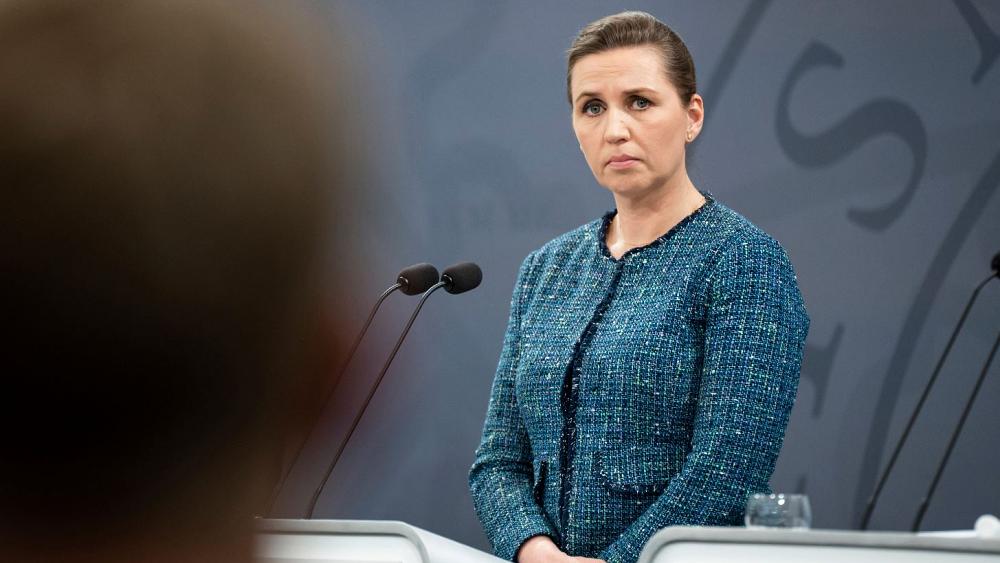
Danish Prime Minister Mette Frederiksen has personally apologised to six Greenlandic children who were brought to Denmark in 1951 as part of a social experiment.
Frederiksen made a formal apology on behalf of her country at an official ceremony at the Danish National Museum in Copenhagen.
The six children are the only living survivors of 22 youths who were moved to the Danish mainland over 70 years ago for a “better life” to become a Danish-speaking elite.
They soon began to suffer from the failed experiment, separated from their abandoned families in Greenland — then a Danish colony until 1953.
Some of the 22 involved never saw their relatives again and were instead placed in an orphanage in Nuuk when they returned home.
The six Greenlandic children have since received 250,000 Danish kroner (almost €34,000) each in compensation from the Danish state.
“You were part of something that should never have happened,” Frederiksen said, adding that the project was “inhumane and heartless”.
The Danish prime minister had previously written a letter of apology to those who were affected by the social experiment, but Wednesday’s ceremony aims to draw a line under the matter. Greenland’s head of government Múte B. Egede was also in attendance.
Frederiksen plans to make another verbal apology during a visit to Greenland next week.
The so-called involuntary “Greenland Children Project” had been under investigation by both Danish authorities and the government of Greenland (“Naalakkersuisut”) since February 2019.
Mette Frederiksen said in her written letter of apology that “still deeply touched by the human tragedies” involved.
“The consideration for the children was set aside. So they lost the ties to their families and lineage, their life history, to Greenland, and thus to their own people.”
“We cannot change what has happened, but we can take responsibility and apologise to those we should have taken care of but failed.”
Upon her appointment in June 2019, the Prime Minister had pledged to seek forgiveness from children who were “exposed to being forced to be Danish”.
Greenland, the world’s largest island, is an autonomous territory within the Kingdom of Denmark and has been culturally linked with Europe despite its proximity to North America.
The island’s latest parliamentary elections in 2021 were won by the Inuit Ataqatigiit, a left-wing indigenous party.
Related posts:
Views: 0
 RSS Feed
RSS Feed

















 March 10th, 2022
March 10th, 2022  Awake Goy
Awake Goy  Posted in
Posted in  Tags:
Tags: 
















